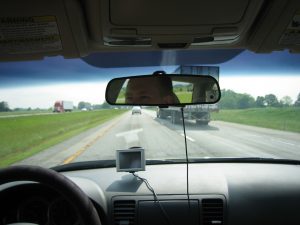At some point, you've probably heard some version of the axiom that it's better to fail quickly and often, because then you learn a lot - about what not to do, and about what does work. One thing I appreciate about working in the world of technology is that there are lots of opportunities to fail, and there's very little room culturally to keep failing in the same way multiple times. You either learn your lesson and find ways to do it better the next time, or you're left behind.
I can't help but contrast this to today's news that AIG (American International Group), a for-profit corporation that is not doing well, will be given $30 billion in taxpayer dollars, after the $150 billion in taxpayer dollars they got last year apparently didn't do the trick.




